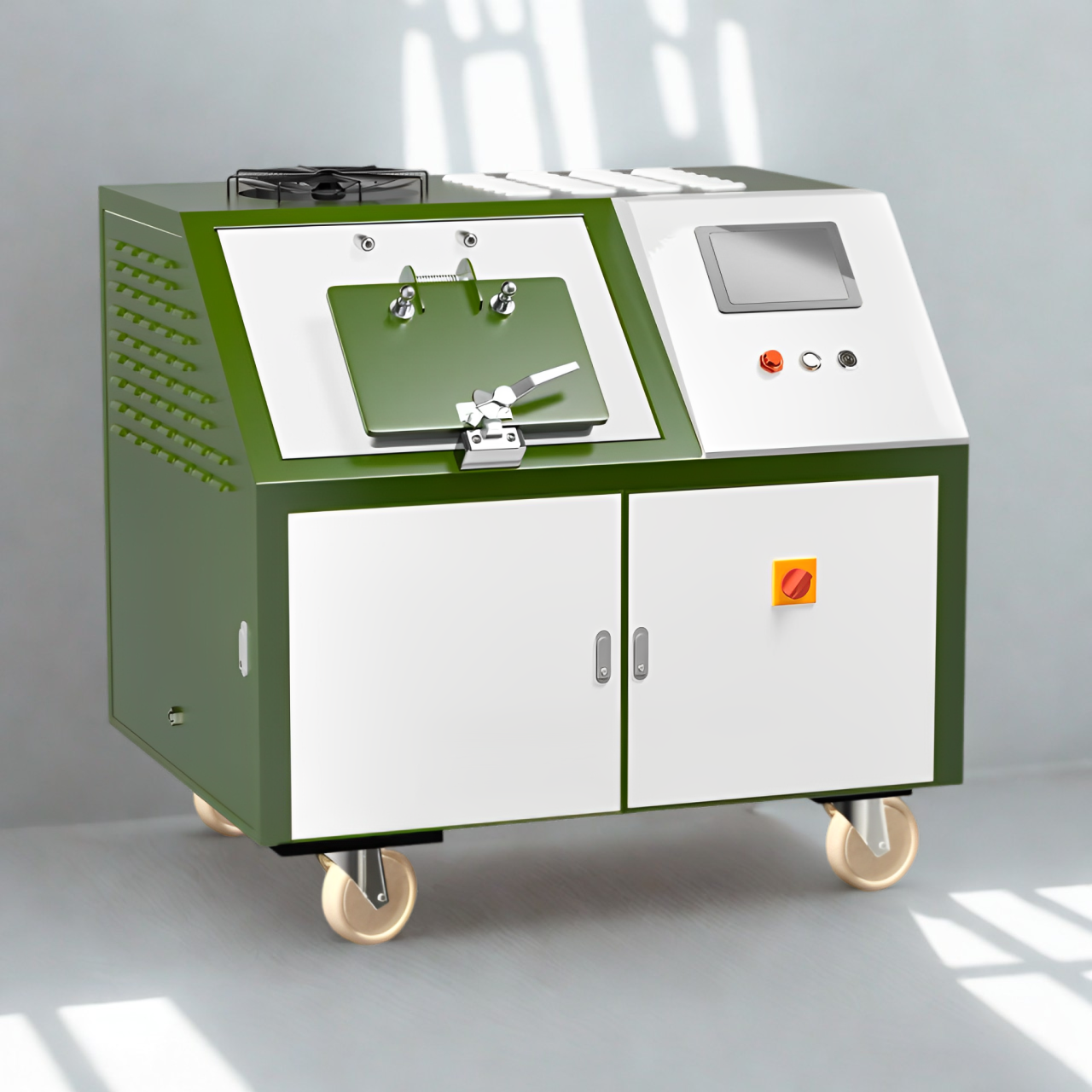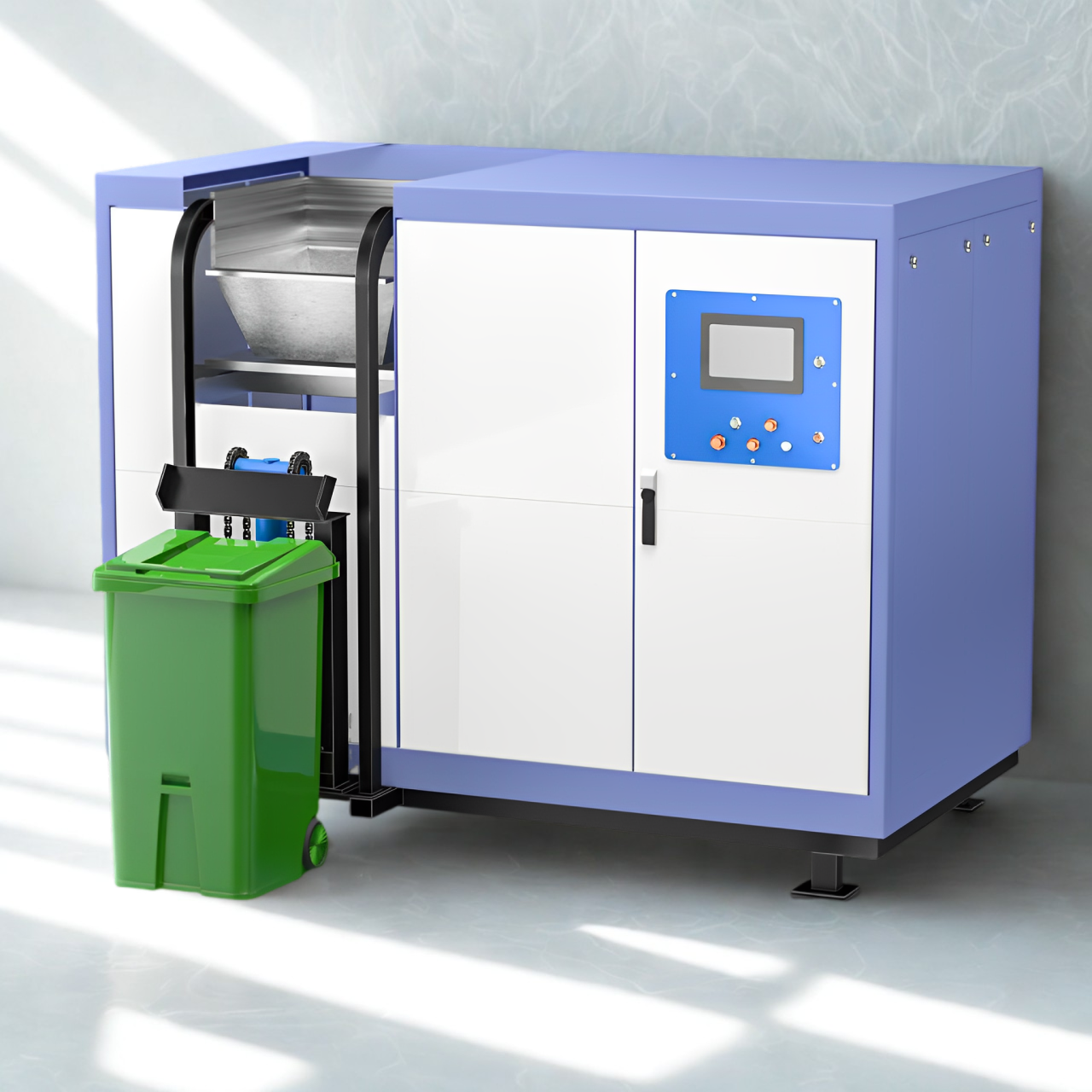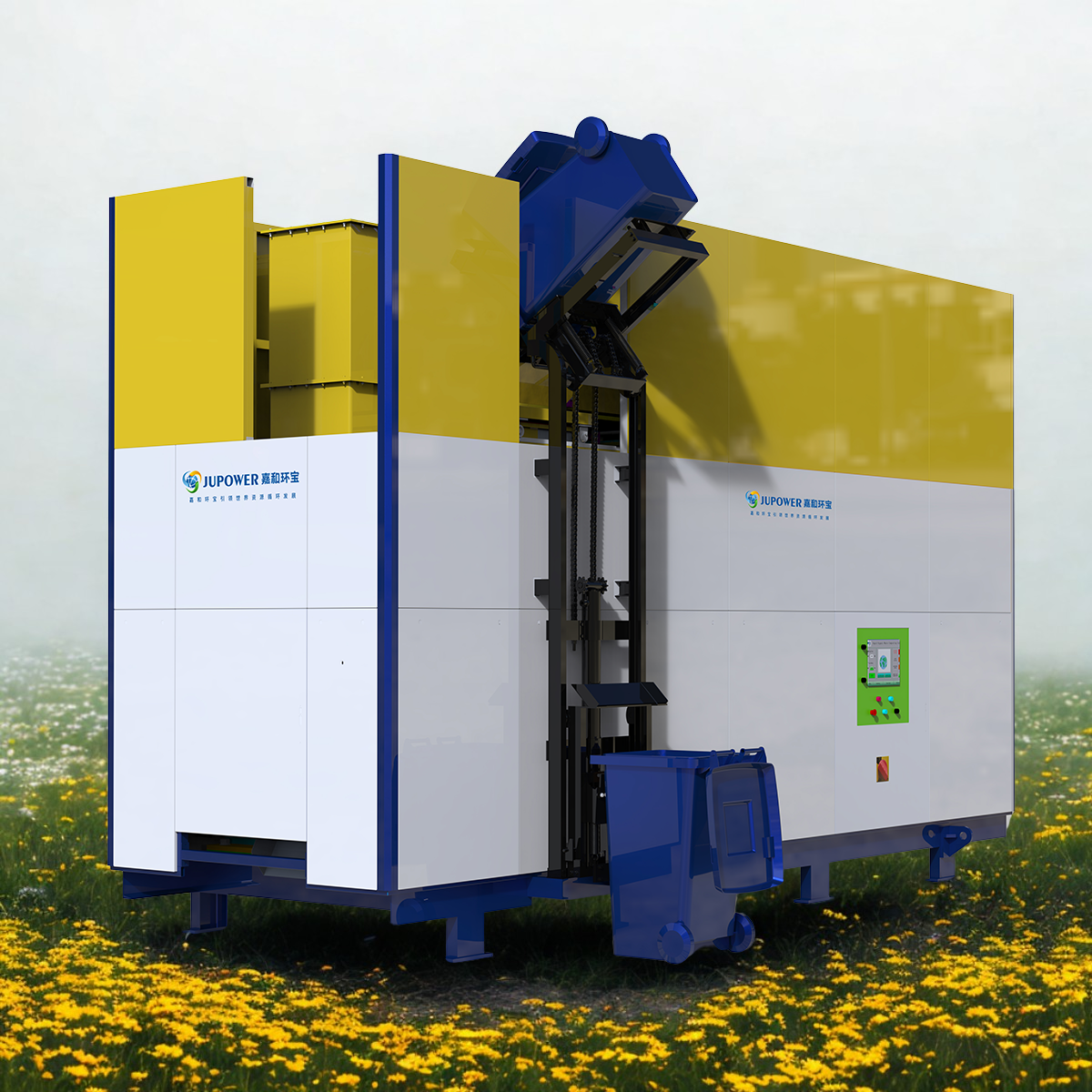organic waste treatment
Organic waste treatment is a comprehensive process that transforms organic materials into valuable resources through advanced technological solutions. This system employs multiple stages of processing, including pre-sorting, size reduction, and biological decomposition, to effectively manage various types of organic waste. The treatment process begins with the mechanical separation of different waste components, followed by specialized equipment that breaks down the organic matter into smaller, more manageable particles. Advanced biological processes, including both aerobic and anaerobic digestion, are then utilized to convert the organic waste into useful products such as compost, biogas, and nutrient-rich soil amendments. The technology incorporates sophisticated monitoring systems that maintain optimal conditions for microbial activity, ensuring efficient decomposition and maximum resource recovery. This treatment method is particularly valuable for municipalities, agricultural operations, and food processing facilities, offering a sustainable solution for managing organic waste while generating valuable by-products. The system's versatility allows it to handle various organic materials, from food waste and agricultural residues to sewage sludge and green waste, making it an essential component of modern waste management infrastructure.


